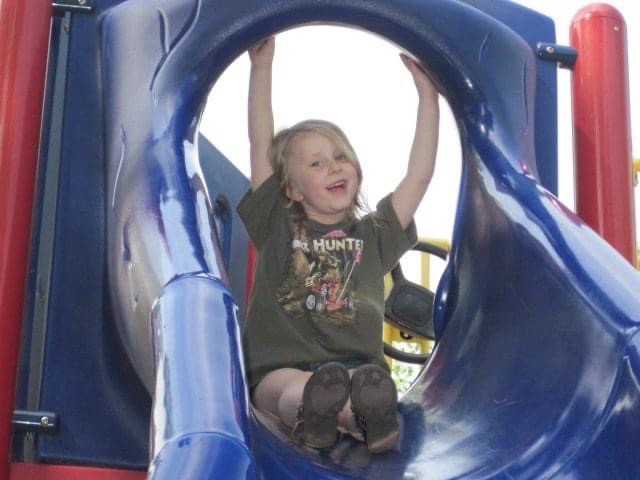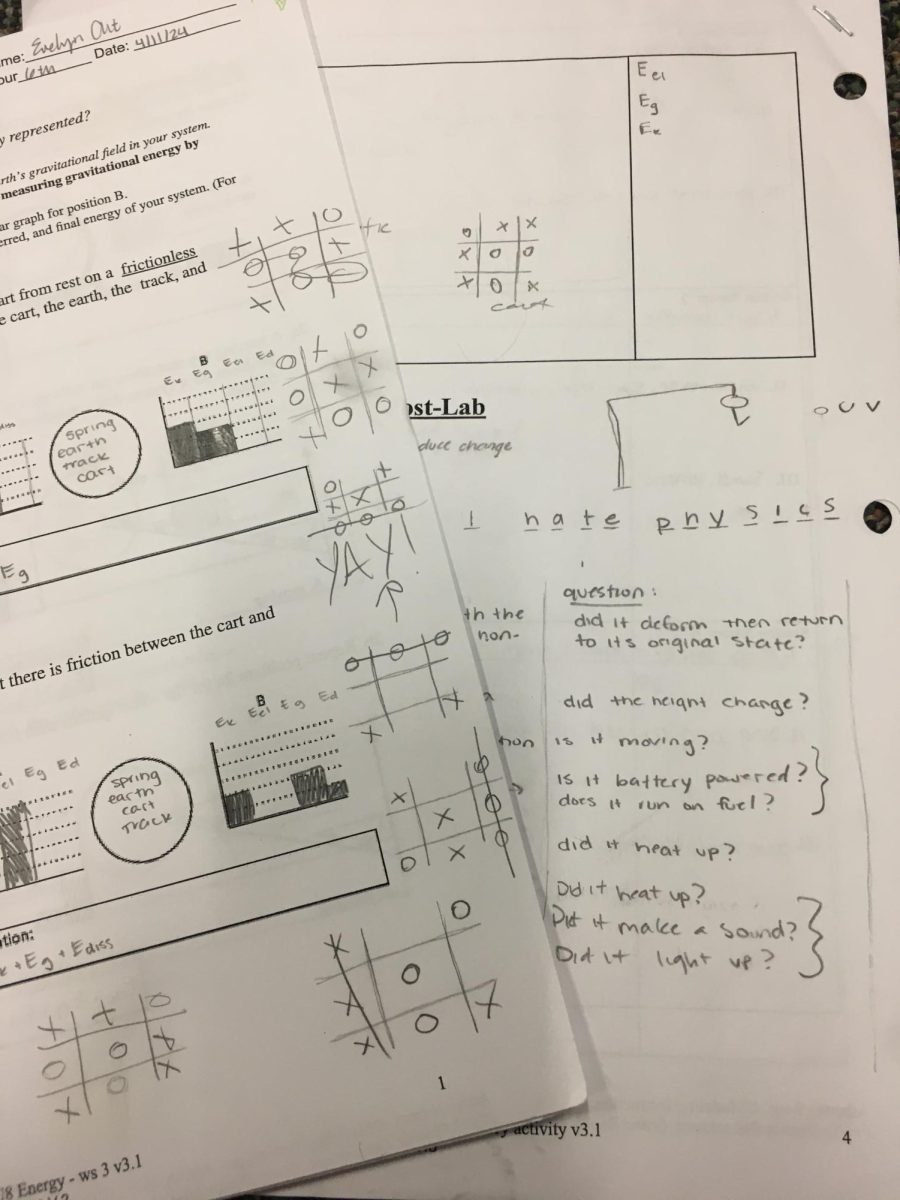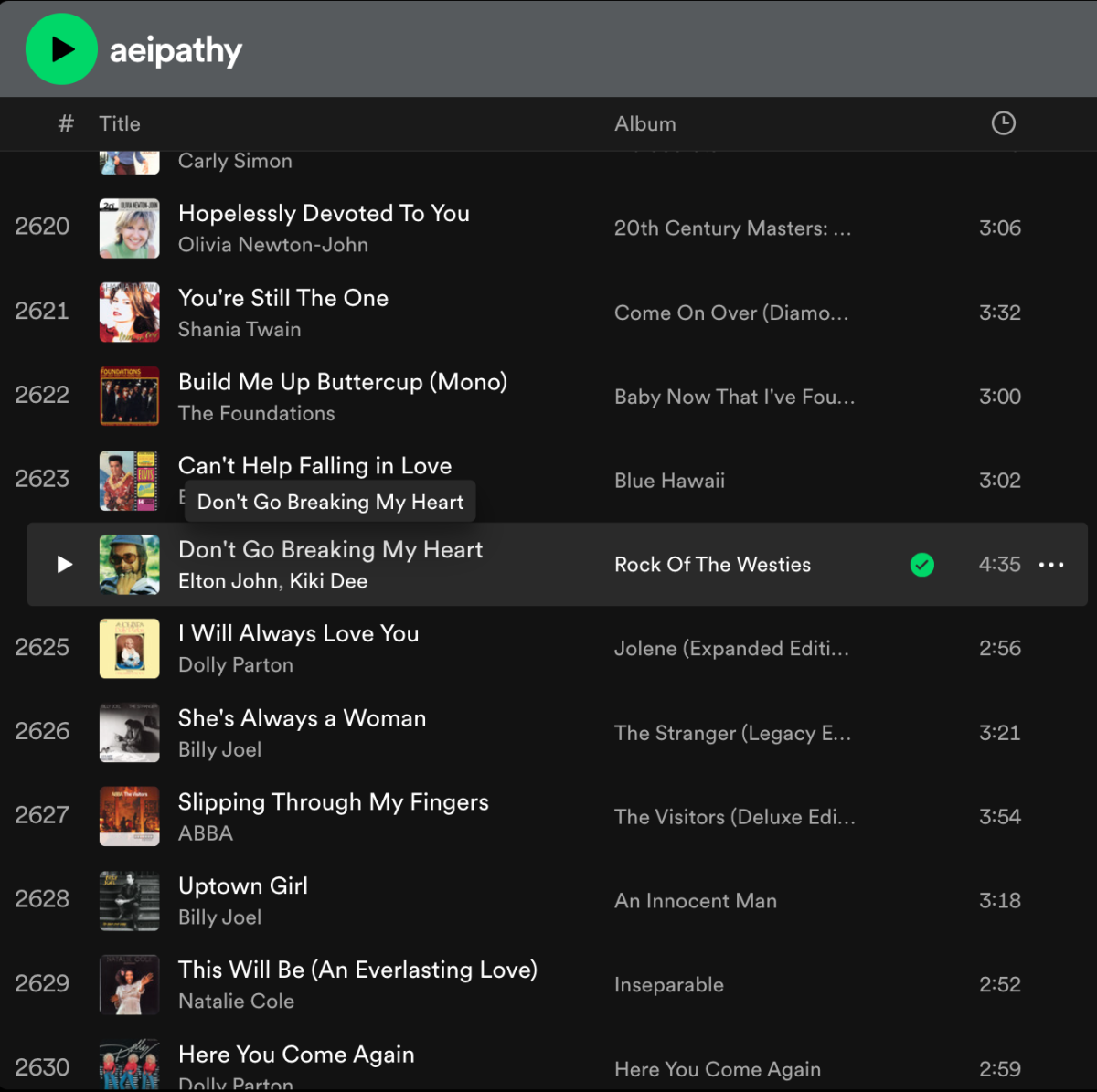Debate program shows the power of words
Sharing your opinion with others can be terrifying. However, according to Debate Team member sophomore Megan Garter, it’s “not that scary if you attend a couple classes and take the time to learn it.”
Debate Coach Pamela Medford-Conley trains students to overcome the fear and share their thoughts and opinions in a formal setting.
The Debate Team members are not very well known in the FHC community, but they certainly do well for themselves. Previously, Debate was a class, but starting this year, it is now an after-school club.
“It used to be that students would take the class and then the next year they would be on the Debate Team,” Medford-Conley said. “There were as many as three sections to the class, and from there, students get excited about it and join the team. Some people just hear about it from their friends or at freshman orientation.”
Though some may think that Debate is just a free-for-all argument during each practice and competition, it is just the opposite. Students do not just sit in a row with other students facing another group of students and start yelling their opinion across the room. The affirmatives are the group of students who argue for the topic, and then there is a group who argue against the case. These students do an enormous amount of research to defend their case.
“Debate is very structured,” Medford-Conley said. “It has a specific format, and there’s a topic that the whole country debates on for that year. We start by writing a case. The affirmatives research how to change our foreign policy, and the negative team job is to refute that to say we shouldn’t change our policy, or [that] there’s a different way to approach the matter.”
Just like in sports, debating takes practice to understand how formatting and competitions work. The preparation can be overwhelming, but after a while, the research takes shape and creates more ease for future competitions.
“It takes a while to get the hang of it,” Megan said. “The first debate is a little shaky, but the Debate team is so welcoming, and you have all of your resources on file.”
The team has competitions every Wednesday for the first five weeks of school at City High. In every competition, they debate the same topic. This year’s topic is about whether the federal government should increase its diplomatic engagement with the People’s Republic of China.
“So just like a football game, at the end [of a competition] there is a winner, then you can go to the playoffs. That’s what it is for us on the Debate Team,” Medford-Conley said. “The next tournament is a national tournament where schools from different states are meeting at Michigan State.”
Unfortunately, the Debate team doesn’t have the funds to travel out of state, but they do travel frequently. The debate community is fairly small in Grand Rapids, but because of the small size, there is a supportive atmosphere among the different teams.
“The debate community is different from athletics in that we generally are quite supportive of each other,” Medford-Conley said. “As coaches, we are friends with coaches from other schools. The students you debate against in high school may become your teammate once you are in college debate. It just isn’t a big community.”
Medford-Conley is extremely proud of her students. They aspire to become smart and makes friends with debaters from other schools, rather than making other schools the enemy.
“I want them to meet other debaters from other schools,” Medford-Conley said. “They are the smart, amazing folks that go on to do incredible things.”
The brilliant minds that Medford-Conley works with can also win big scholarships for debating. A majority of those who take debate seriously and have a passion for it go on to college and continue debating.
“We can get a lot of scholarships,” Megan said. “It’s one that isn’t taken advantage of because not very many people know about it.”
The Debate Team gives students a great opportunity to learn about world problems, problem solving skills, and communication skills. Though not many people take advantage of this, those who do are glad to have been given the chance to learn so many things while still enjoying themselves.
“It’s so rewarding,” Megan said, “because we get to be involved in politics even if we aren’t old enough to vote, and we still get to have a say.”

Alexandra is a sophomore entering her first year on The Central Trend. She is very excited to improve her writing skills and technique throughout the year....



























































































